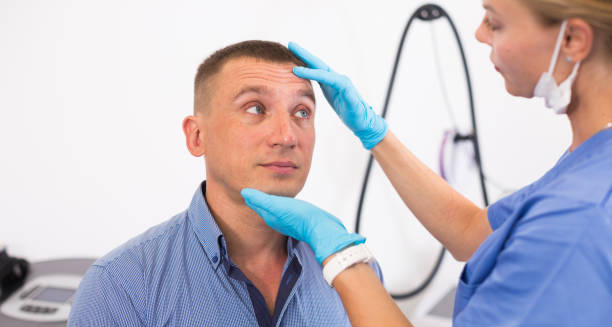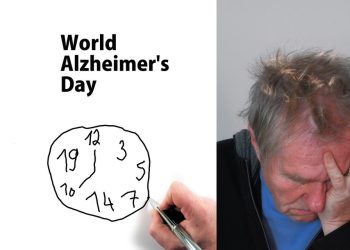Diagnosis of Dehydration
Diagnosis of dehydration is based on a combination of clinical assessment, patient history, and in some cases, laboratory tests. Detecting dehydration early is essential, especially in high-risk groups like infants, elderly individuals, and those with chronic illnesses. Prompt diagnosis helps prevent complications and guides appropriate treatment strategies.
Medical History and Physical Examination
A doctor will begin by asking questions about:
Recent illnesses, such as diarrhoea, vomiting, or fever
Changes in fluid intake
Medication use, particularly diuretics
Symptoms like fatigue, dizziness, or reduced urination
The physical examination includes checking for signs such as:
Dry mouth or cracked lips
Sunken eyes
Skin turgor: Pinching the skin to see how quickly it returns to normal
Low blood pressure, especially upon standing (postural hypotension)
Increased heart rate or breathing rate
In infants and young children, additional signs like sunken fontanelles (soft spots), reduced tears, and decreased alertness are important indicators.
Laboratory Tests | Diagnosis of Dehydration
If dehydration is suspected to be moderate or severe, especially in hospital settings, the following tests may be conducted:
Blood tests to measure electrolyte levels (sodium, potassium, chloride), kidney function (creatinine, urea), and overall hydration status
Urinalysis to assess the concentration of urine (specific gravity) and detect possible infections or kidney issues
Serum osmolality, which indicates how concentrated the blood is and reflects fluid balance
These tests are especially useful in diagnosing dehydration in people who cannot verbally express their symptoms, such as the elderly or unconscious patients.
Vital Signs Monitoring
Ongoing monitoring of:
Heart rate
Blood pressure
Respiratory rate
Body temperature
This helps determine the severity of dehydration and track the effectiveness of treatment.
Differential Diagnosis
It’s important to rule out other conditions that may present with similar symptoms, such as:
Heat exhaustion
Hypoglycaemia
Cardiac or renal issues
Sepsis
Screening in High-Risk Groups
Regular hydration assessments are vital in settings like nursing homes, hospitals, and schools. Staff should be trained to recognise early signs and encourage adequate fluid intake.
In summary, diagnosis of dehydration involves a combination of visual cues, physical tests, and lab results. Accurate and early identification ensures timely treatment, particularly in vulnerable populations.
[Next: Treatment of Dehydration →]


